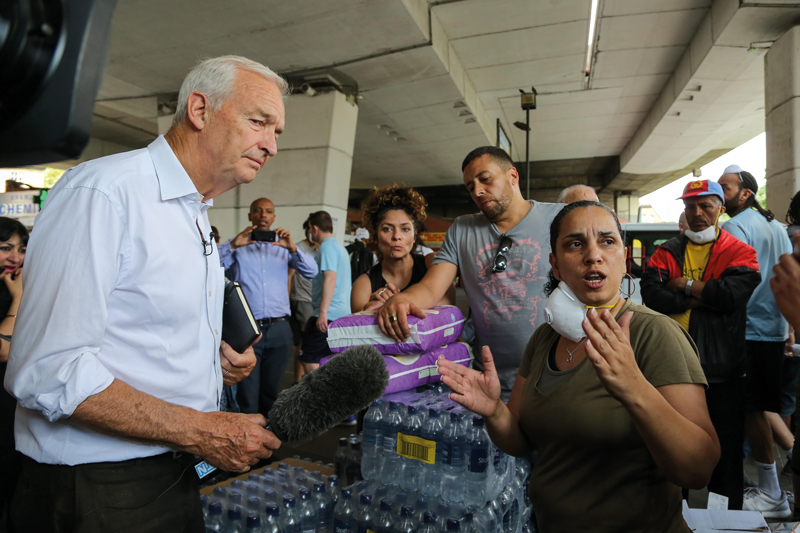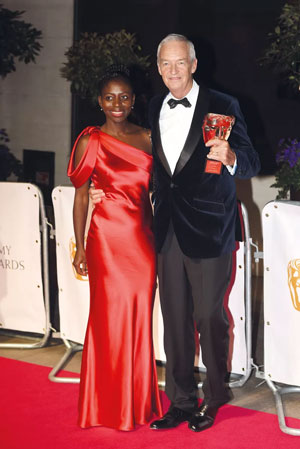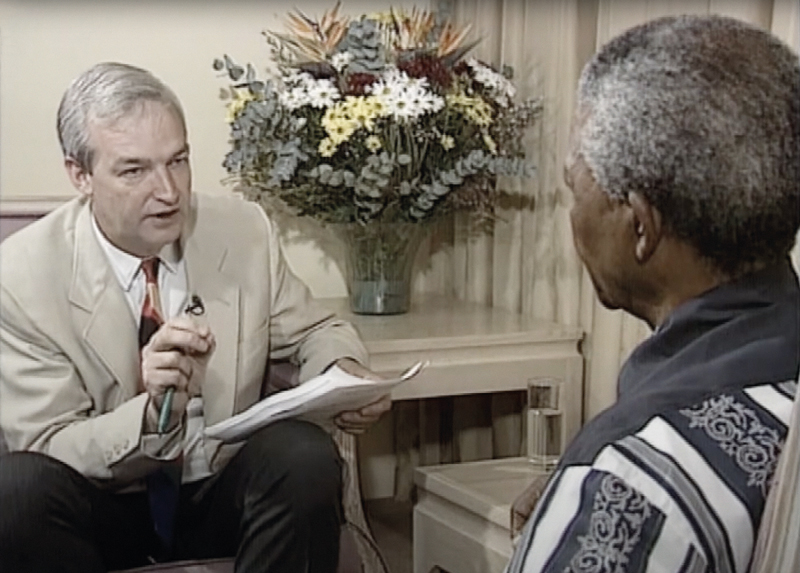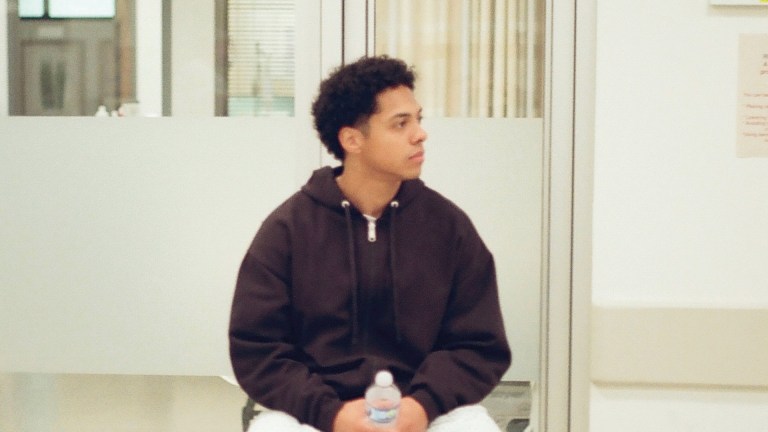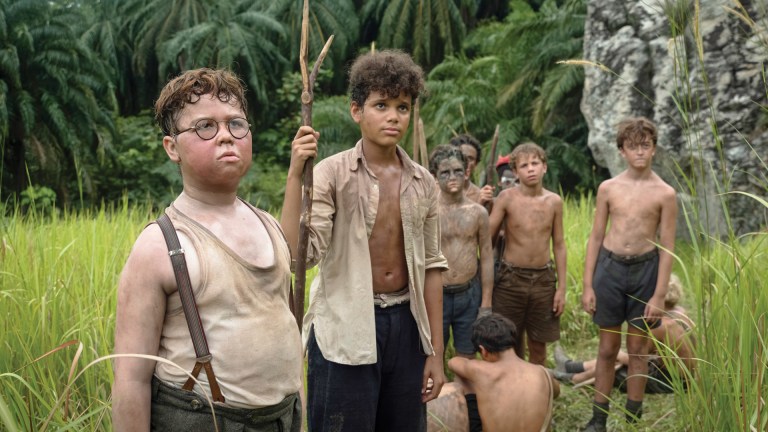Jon Snow was born in Sussex in 1947. He is the cousin of former BBC television presenter Peter Snow. After winning a choral scholarship to Winchester Cathedral and spending five years there, Snow went to school in Oxford and Scarborough before going to study law at Liverpool University. However, he was expelled after an anti-apartheid protest.
While working with people who are homeless at the New Horizon Youth Centre in London, Jon Snow was encouraged by his cousin to look at journalism as a career and joined LBC, moving on to ITN, where he served as Washington correspondent and diplomatic editor. He became the main presenter of Channel News in 1989, a position he held until 2021.
In his Letter To My Younger Self, Jon Snow, who has declined an OBE but accepted a Bafta fellowship, looks back on a life as one of UK television’s most familiar faces, and why he considers himself “blessed”.
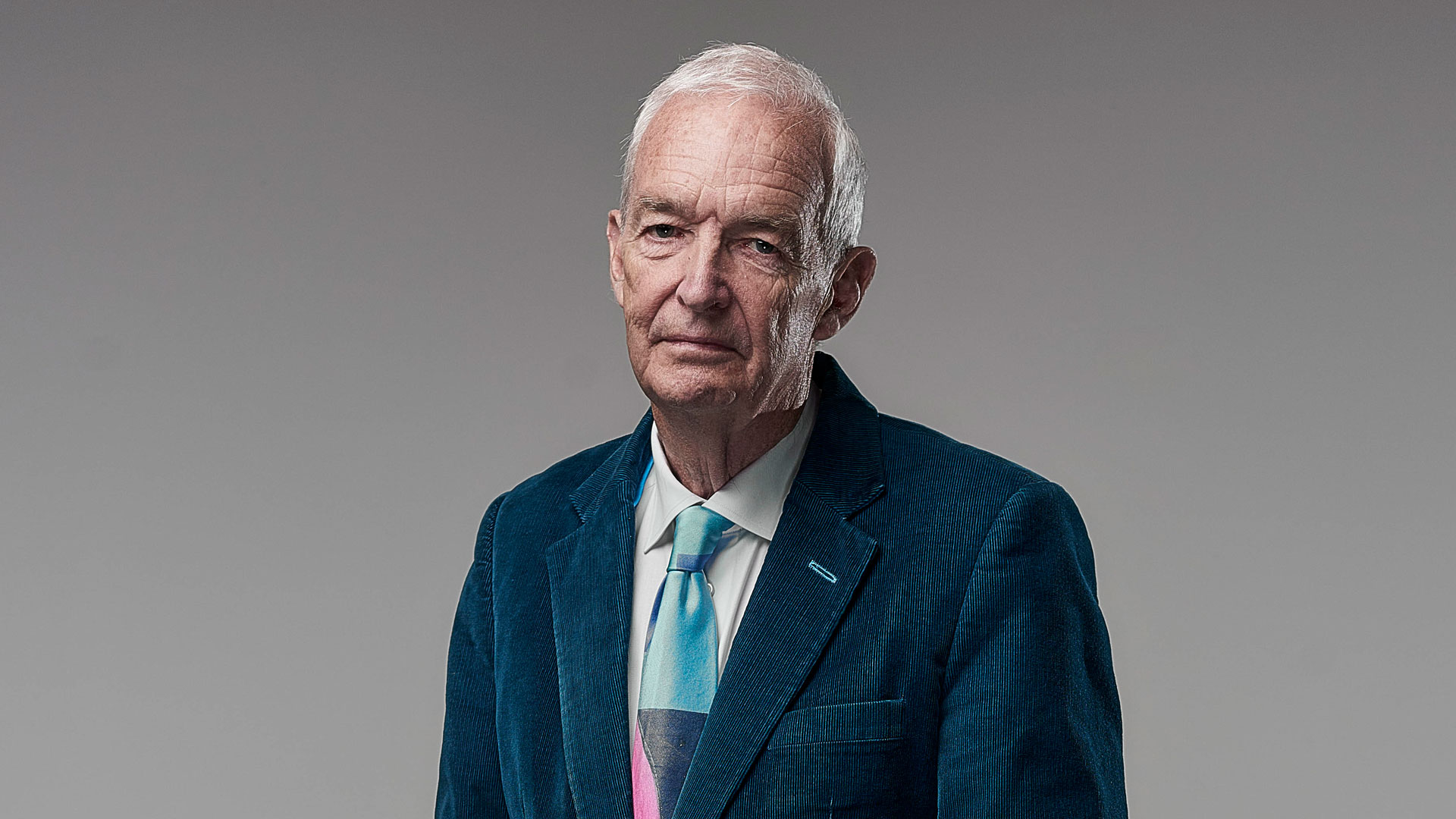
By the time I was 16 I was well into my big school education; I’d been very happy as a Winchester Cathedral chorister until I was 12. I loved living in that intensively musical world in a massive cathedral – it was an absolute dream. I mean, at the age of eight, to be put through a voice trial, and to find that the organist of Winchester Cathedral decided I was good enough to be in the choir, that was a magical moment. Afterwards my mum and dad drove me into Winchester and said, you can have anything. I chose a pale blue Dinky Toys car transporter. It was a very brilliant day and I was very happy there. But that musical world was all over when I hit 12.
I’d like to tell the 16-year-old me, who keeps being told he isn’t very bright and doesn’t have good prospects, that the people saying that to him are wrong. I’d say, don’t let them grind you down. I was, unfortunately, privately educated – my father was a public-school headmaster and believed in that system. My parents were very dyed in the wool. My father went to Winchester College. My grandfather was a major general in the First World War. They were absolutely establishment through and through. So I went to a school in Oxford called St Edward’s; a perfectly pleasant place, but nevertheless a public school. I did have good friendships there, it wasn’t a time of unhappiness. But I was regarded as a bit of a mess. I was in the D-stream. Not very bright. My father thought I was rather thick and made no secret of it. I knew I wasn’t, but I wasn’t clever in the way he might have asked me to be. I was bright and creative and I could write good essays, but my Latin and French and maths were not of the first rank.
After I left school, I applied to go on a scheme called Voluntary Service Overseas. I wasn’t paid but I was accommodated in a school on the banks of the Nile in Uganda, a very remote place run by Catholic priests; my father was a Protestant bishop but that didn’t seem to get in the way. And I absolutely loved it. I loved teaching and I loved being with the students and seeing their hunger for information. I realised I’d had a very privileged start in life, and that despite my own failings, you know, I had something that I could impart and something I could do. I now knew I could survive in completely alien circumstances among people of a different race in a different town in a country that was very far away. I developed great strength of character and resilience and I think it made me the person that I became.
